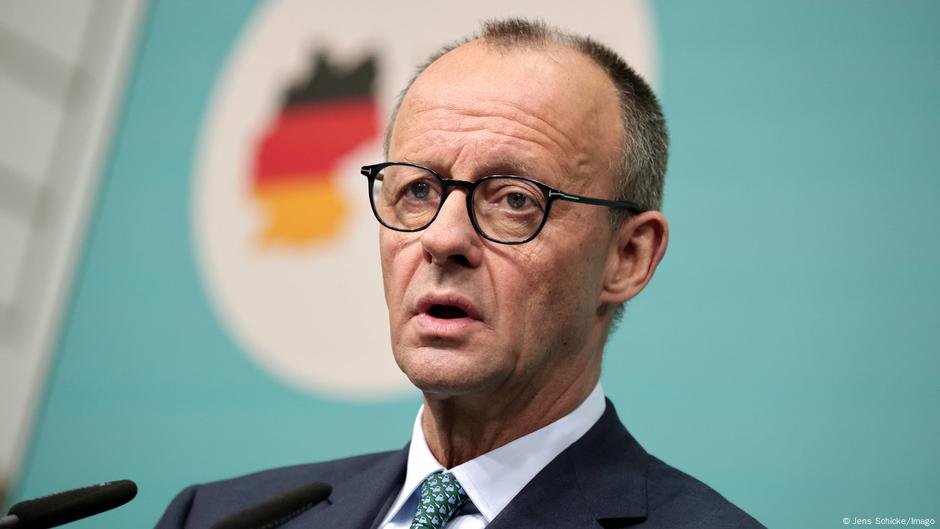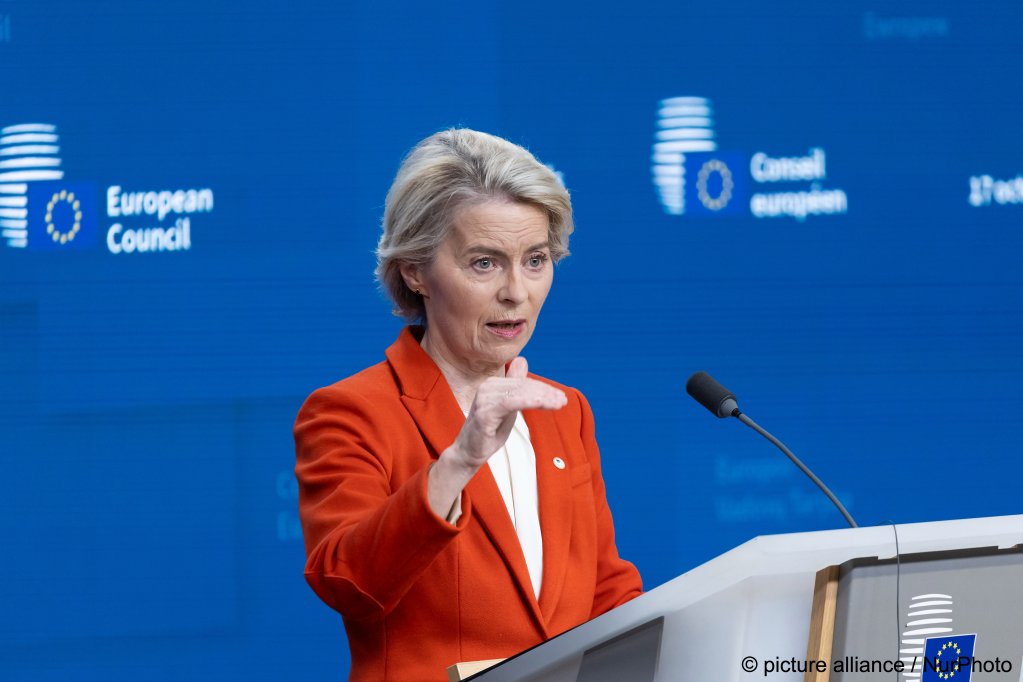Several human rights organizations have expressed concern over the future of migrant children in Germany, as the Christian Democrat Union (CDU/CSU) and Social Democrats (SPD) begin to iron out the details of their coalition agreement following last month's elections.
Coalition negotiations between the conservative Union parties CDU/CSU and the socialist SPD have started, with a heavy emphasis on immigration-related issues. The two parties have already announced that a number of considerable changes will be introduced to migrant and asylum policies, including a temporary freeze on family reunification for people who have been given subsidiary protection.
Several human rights groups have now highlighted that these plans could have grave consequences for refugee children.

Human rights organizations like Terre des Hommes, along with the Association Minority and Flight (BuMF), and the initiative "Young People without Borders," drafted a paper together to present to politicians from the two coalition parties as they begin coalition talks. The organizations wanted to highlight that family reunifications of people with subsidiary protection and similar humanitarian admission programs to Germany are among the very few legal escape options for young people fleeing persecution.
"These important and life-saving measures must not be suspended, but must be maintained at all costs. Families belong together," they said in their joint document.
Read AlsoGermany: What does the future hold for migrants after announcement of new grand coalition?
A plea for respecting the integrity of families
The three organizations also called for a commitment to ensuring that all asylum seekers be treated in line with human and children's rights.
"Blanket pushbacks at national borders will violate European and international law and affect children," declared BuMF, adding that, "individual case assessment procedures and protection are needed for children, young people and families."
"Youth without Borders" meanwhile explained that comprehensive integration opportunities are also of urgent need across Germany, especially for children.
The organization stressed that minors "need psychosocial support, education and a perspective to stay in order to arrive in society," and integrate there. The migrant youth organization highlighted that young people in particular do no belong in mass accommodation facilities — even if they arrive alone as unaccompanied minors.
Read AlsoNew EU regulations: deportations, return hubs, detention, bans and more
More immigration restrictions across Europe
Germany's incoming grand coalition government between the CDU/CSU and SPD parties is planning a major crack-down on immigration, starting with plans to close Germany's borders to any migrant or refugee who already has passed through any other EU nation, (which would be most arriving at Germany's land borders) arguing that such people are legally required to lodge their asylum case in the first EU member state they reach.
Furthermore, they said that there will also be efforts to "end voluntary admission programs, for example from Afghanistan" as well as placing a freeze on the launch of any similar programs.

In neighboring Austria, similar plans to stop family reunifications and take other measures to limit irregular migration have also been announced in recent days and are expected to pass through parliament. The plans have been met by protests from some in society.
Meanwhile, the European Union itself unveiled a new regulation on Tuesday, focusing on upping deportation numbers, as only one in five failed asylum seekers in the bloc actually ends up being deported back to their home country after being told to leave.
Read AlsoAustria: Family reunifications to be halted 'immediately'
with epd
